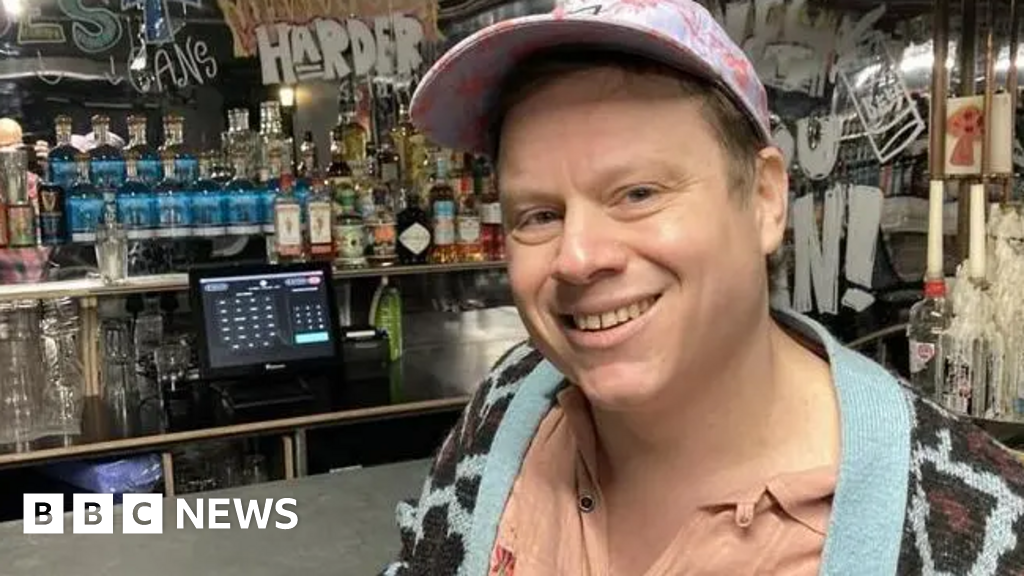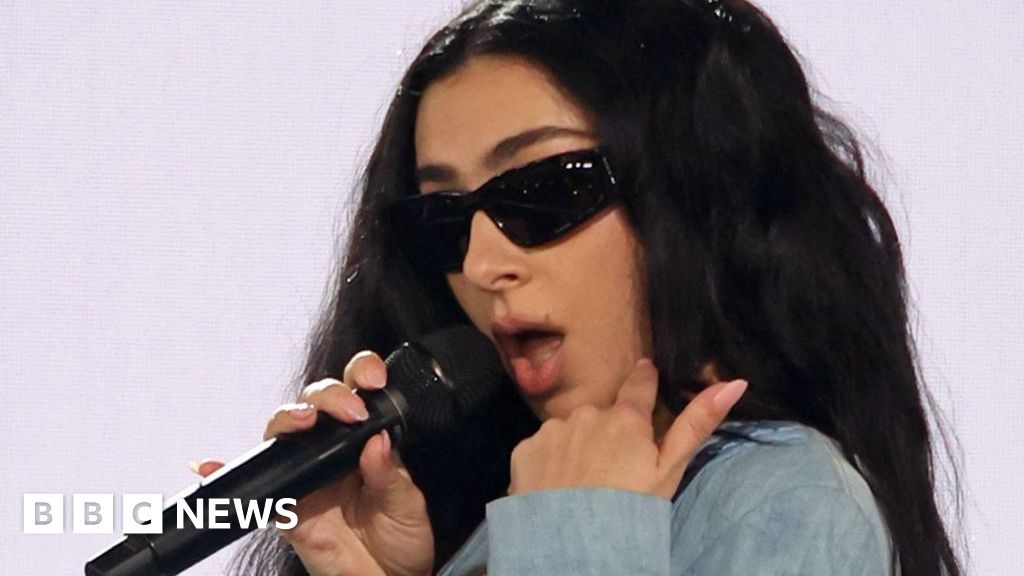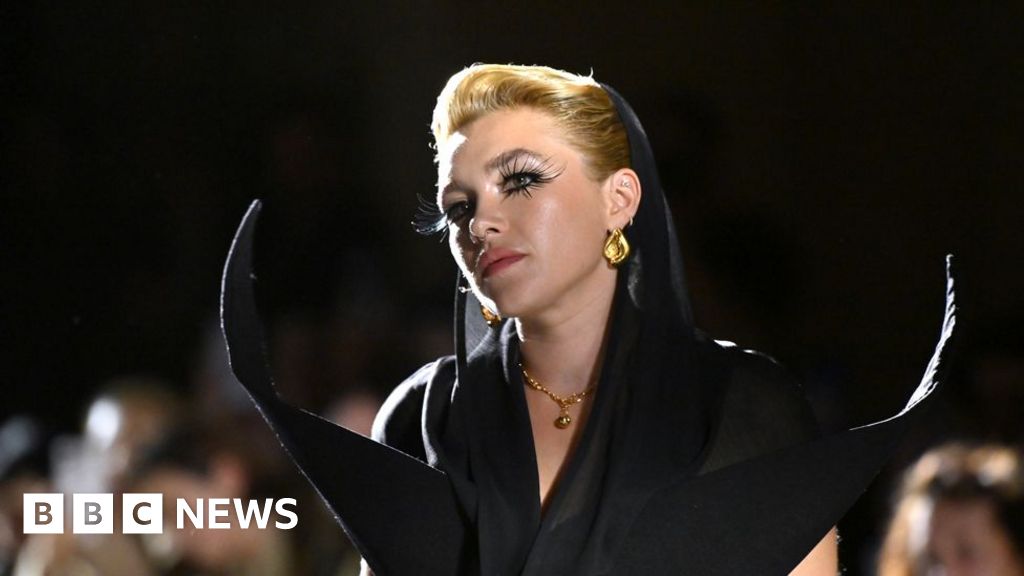ARTICLE AD BOX
A concert promoter for Little Mix discriminated against three deaf mothers when it failed to provide a British Sign Language (BSL) interpreter for support acts, a judge has ruled.
Sally Reynolds, Sarah Cassandro and Victoria Nelson attended a concert in West Sussex with their children, who can hear, in September 2017.
The women had requested an interpreter so they could also enjoy the music.
LHG Live offered carer tickets and said they could bring their own interpreter.
But Ms Reynolds instructed lawyers to apply for a court injunction to force the promoter to provide a BSL interpreter.
Under the Equality Act 2010, any organisation supplying a service to the public is under a duty to make reasonable adjustments to ensure that a disabled person's experience is as close as possible to that of someone without a disability.
image source, Sally Reynolds
image captionThe promoters provided a signer for Little Mix but not the support actsWhile interpreters were provided for Little Mix's performance, an interpreter was not provided for the band's support acts.
Ms Reynolds issued legal proceedings for the failure to make reasonable adjustments, in the form of supplying an interpreter for the whole concert.
"We only got access to the last act," Ms Reynolds told the BBC in 2018. "If you went to a film can you imagine only getting access to the last 20 minutes?"
LHG Live previously told the BBC: "We consulted with her [Ms Reynolds] recommended agency and agreed to provide the professional interpreter of her choice for the Little Mix show.
"This included specific staging and lighting, and a set list in advance."
The company, owned by Liz Hobbs, also provided upgraded tickets, access to private accessible toilets and all public announcements on giant screens either side of the main stage.
But the women's lawyer, Chris Fry, said: "LHG Live refused to accept that interpreters were reasonably required, and when challenged with legal action threatened the families with costs liabilities of over £100,000."
District Judge Ian Avent rejected the promoter's claim that there was insufficient time to deal with the issues which arose.
He said it was "slightly surprising" LHG Live, which has changed its name to Live in the UK, had not previously been asked to provide a BSL interpreter at a concert.
The judge added: "A considerably greater concern was the fact that Live appeared to have given no thought whatsoever to the possibility of deaf people attending one of their concerts and, therefore, to have given any consideration to what reasonable adjustments might need to be made."
The promoter viewed Ms Reynolds' request "more as a nuisance than something which they should have been proactively pursuing", Judge Avent said.
He found that it sought to impose solutions in a "rather high-handed manner" and in a "vacuum of ignorance and understanding" as to any of the women's disabilities and needs.
Speaking after the judgment, Ms Reynolds said: "The three of us wanted the same access to the event that everyone else had.
"The cost of the interpreter was minuscule to Liz Hobbs's team, but her response to our request was so hostile that we had no option but to ask the court for a ruling."
Mr Avent awarded the women damages of £5,000 each for injury to feelings.
The BBC has contacted the promoters for comment. According to the judgement, the company went into creditors voluntary liquidation, a type of insolvency, on 12 August 2020.
In a previous statement in 2018, a spokesman for Little Mix said the band "strongly believed their concerts should be completely inclusive for all".
He added: "The band welcome all fans to their shows, including those with hearing impairment, and encourage the promoters they work with to make provisions to ensure their fans can enjoy the concert experience."

 3 years ago
89
3 years ago
89








 English (US) ·
English (US) ·